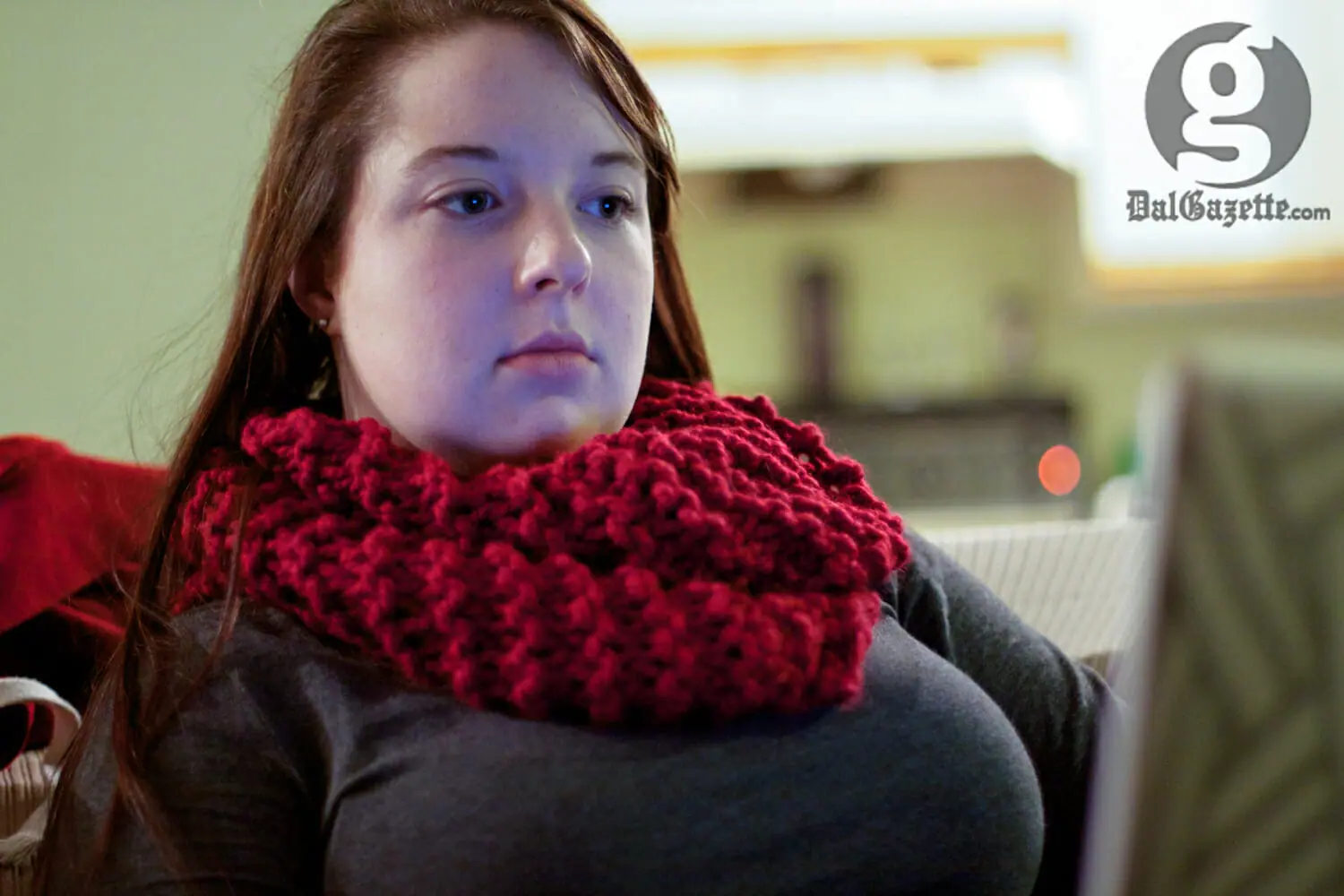
Searching for companionship can put us in truly strange social situations. I’ve witnessed and been regaled with tales of so many couples in fights that began in the silliest ways. Speaking pragmatically, it seems much of our energy is devoted to an elaborate mating ritual that satisfies our human need for conflict and compassion. Some even see fighting as a necessary aspect of life and relationships.
There is certainly still plenty of mystery that makes up love, even in this age of science and study, but using a touch of reason to balance the experience can save you some heartache. Sometimes passion demands getting a little aggressive, but generally speaking we don’t like fighting. It’s a draining experience that can exacerbate the insecurities that caused the fight in the first place. At its worst, conflict is the result of laziness and a reluctance to communicate.
Poor communication isn’t really our fault though. An article in the Journal of Social and Personal Relationships says that men and women tend to value different types of communication. Yet even same-sex relationships have communication problems rooted in other social phenomena such as friction between personalities and assigned roles in the relationship. None of these conclusions amount to more than a trend: we must simply communicate to be heard correctly. It is tricky, but making a deliberate attempt to speak on even terms is the first step to more productive talks, especially when emotions run high.
Solving communication glitches means more to relationships than learning to share a bathroom without killing each other. There are more important things at stake. Sex, for example, has been shown to correlate with general happiness and relationship strength. From online discussion forums to websites like livescience.com, the consensus is that being open and communicating sexual desires and insecurities to your partner is healthier for both people, individually and as a couple.
The bedroom can be a delicate topic, and there are mixed claims as to whether our generation is more sexually open. Sexual stigmas survive despite increased access to sexual material; there are many factors that impact people’s willingness to disclose guarded preferences. It is difficult to know how to bring up the topic of sex, and how far to go with it.
This is why communication is so important. If partners commit to an honest exchange of feelings and sharing reactions to different ideas, both parties are afforded an opportunity to find common ground. Perhaps they can even find new territory to explore to further the intimacy. It can be as simple as setting a regular date night, making sure text messages are interpreted correctly, understanding the need for space, or recognizing the need for acts of devotion.
Jae Ireland of Livestrong.com has a few tips for encouraging effective and regular communication and preventing issues from escalating into conflicts. Among them are simple suggestions like using “I” when speaking to shoulder responsibility and add perspective. More complex strategies include rules and weekly meetings that are more rigid, but helpful in establishing structure.
So whether you’re dating or committed, looking for love or revitalizing it, make sure you’re making your intentions clear. Focus on the words, tone, and body language of your interactions to enhance the message you want to share. And for Pete’s sake, make the effort to listen in return.

Recent Comments